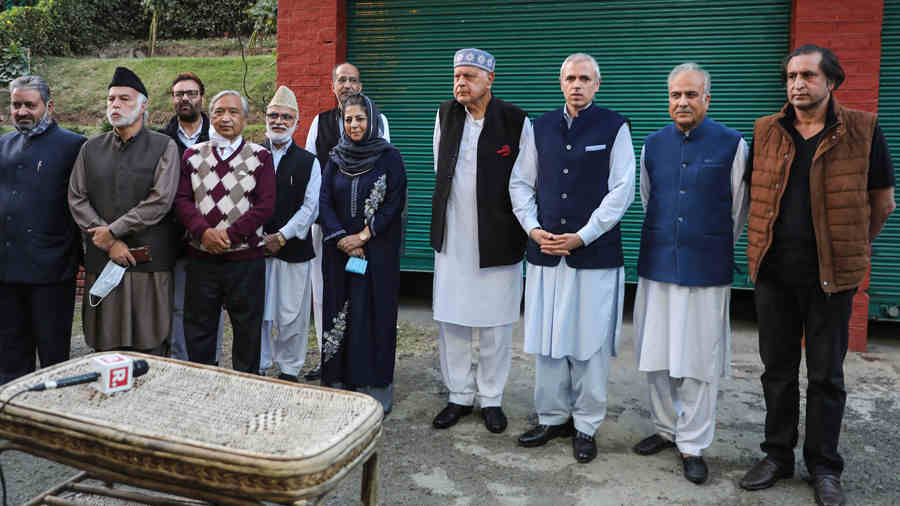The Centre’s decision to — at long last — kindle the process of political engagement in Kashmir is welcome. The intent is unmistakable: no less than the prime minister is expected to convene a meeting tomorrow that would be attended by Kashmir’s major political stakeholders, including the People’s Alliance for Gupkar Declaration, a coalition of six parties, which has confirmed its participation. The PAGD’s response is magnanimous. After monumental disruptions were introduced by the Narendra Modi government in 2019 — Jammu and Kashmir was stripped of statehood and its special provisions, the Valley put under a security blanket, speedy internet services denied to its populations — leaders of the ruling Bharatiya Janata Party began discrediting Kashmir’s political leadership. Numerous leaders were incarcerated, and their legacies demonized. The BJP’s strategy was to first create a vacuum by discrediting Kashmir’s political constituency and then try and fill that space through such radical interventions as floating supine outfits or creating an alternative tier of governance through the District Development Council. These objectionable experiments faltered because the political legitimacy of the BJP’s adversaries remained intact, forcing Mr Modi and his wise men to eat crow. The present outreach needs to be read in this context. It remains to be seen whether the Centre can reclaim the moral high ground that it willingly ceded almost two years ago.
The PAGD is also confronting its own challenges. There seems to be general consensus among its constituents to press for the restoration of Kashmir’s statehood but it is not clear whether its members can achieve similar concurrence on the resurrection of Article 370, which remains a highly emotive issue. Mr Modi would do well not to exploit the gaps, if any, in the alliance because New Delhi needs to negotiate two tricky issues itself: a contentious delimitation exercise and the holding of assembly elections. The Centre must also be mindful of the possibility that success in Kashmir, even if it were to be incremental, could yield diplomatic capital in its future engagements with Islamabad. In fact, a breakthrough in these talks can generate momentum in the dialogue with Pakistan that remains stalled. Given the rapidly changing geostrategic situation in Afghanistan and an inflamed border with China, stability on India’s western border is of critical importance. That stability could well be predicated on the outcome of the political dialogue in Kashmir.










